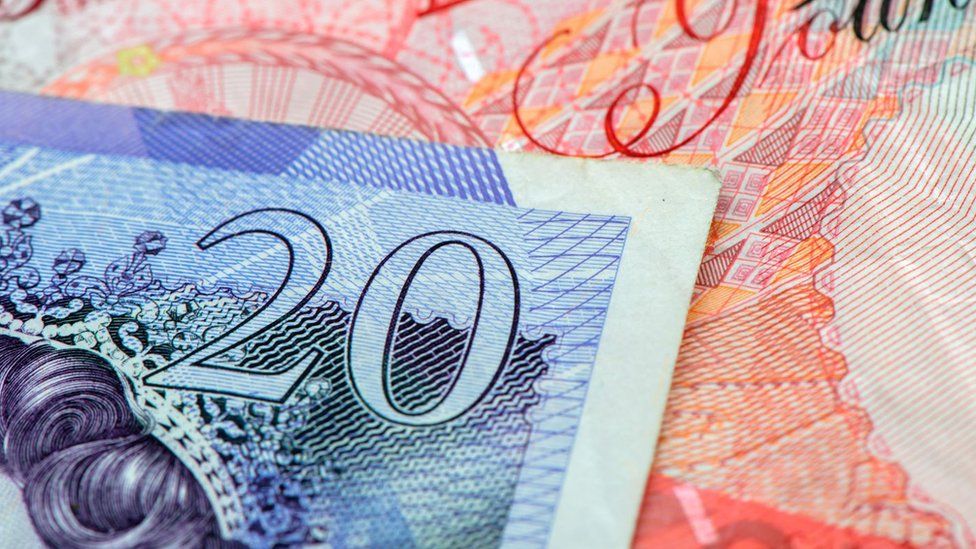
Positive signs of improvements in the Northern Ireland economy continued last month, according to an Ulster Bank survey.
Every month the bank surveys firms in the private sector.
They are asked about things like their staffing levels, order books and exports, in what is considered to be a reliable indicator of economic performance.
Private sector growth in March rose at its fastest rate in a year.
This was boosted by improved consumer confidence, with only London recording a sharper rate of growth among the UK regions.
Inflationary pressures continued to ease in terms of both input costs and output prices but are still above the pre-pandemic long-term average.
Growth was reported across all sectors in the survey, except construction.
Ulster Bank chief economist Richard Ramsey said: “Lack of a Stormont executive and a paralysis in decision-making is being felt and will continue to be felt in this sector.
“This is reflected in the new-orders indicator, which has indicated declines for 21 months running.
“Whilst we are seeing notable short-term improvements and firms are relatively optimistic for the year ahead, there are lots of challenges that will impact on future growth.”
Cost of living
Mr Ramsey added: “The slowdown in the global economy is one factor but the outlook for the public finances is also bleak and this is compounded by the ongoing lack of a functioning Stormont executive.
“Meanwhile, households will continue to battle with a cost-of-living crisis.”
It comes as Danske bank has upgraded its forecast for the Northern Ireland economy this year, although a contraction is still expected.
A report from the bank says the fall in annual economic output is expected to be about 0.3% in 2023 due to high inflation and changes to the economic policy environment.

Previously the bank forecast a 1% fall in activity this year. However, it says the outlook is “highly uncertain”.
Things are expected to pick up next year, with the bank forecasting that the Northern Ireland economy will grow by about 0.9% in 2024.
Danske Bank’s chief economist Conor Lambe said: “The economy has proved more resilient than previously expected and the labour market remains in a relatively robust position.
“We still expect annual economic output to fall this year in Northern Ireland and the wider UK but we have revised our forecasts upwards relative to our previous report.
Mr Lambe added: “Persistent inflation is still a risk to the economic outlook, with inflation in the UK remaining near its multi-decade high.
“Although we think it has likely peaked, the rate of price rises is still expected to remain above its 2% target throughout this year.
“If inflation remains higher than forecast and declines more slowly than anticipated, it has the potential to constrain economic activity even further.”
Danske says it expects the rate of jobs growth to slow sharply this year.
The bank is forecasting the unemployment rate in Northern Ireland will average about 3.2% in 2023 before increasing to an annual average of about 3.5% in 2024.
However, the professional, scientific and technical services and information and communication sectors are expected to see high rates of jobs growth of 8.3% and 2.2% respectively.